Before we discuss the Dylan Mulvaney and the Bud Light can controversy, a disclaimer:
I’m not interested in discussing sides on this controversial issue. That is not the point of this post. Our goal at Crisis Ready Institute is to teach organizations how to thrive through controversies.
My hope is that our readers will examine this case study with me objectively, despite any personal feelings on the issue.
Because regardless of where you stand, we live in a divisive and heated world. Even when prominent organizations purposefully lay low, it’s only a matter of time before they are embroiled in a controversy. This means that in order to truly be Crisis Ready, every organization needs to be prepared for such a challenge.
So how do we prepare?
First, how did a beer can spark a controversy?
On April 1, transgender social media influencer Dylan Mulvaney posted the now controversial Instagram reel.
In the short video, she drank a Bud Light while explaining how the company had sent her “possibly the best gift ever.”
The gift was a Bud Light can featuring her face in celebration of the one-year anniversary of her gender transition. It was part of Bud Light’s March Madness campaign, and Mulvaney admitted that she didn’t know which sport she was promoting.
The public backlash against both Mulvaney and Bud Light was heated and extreme. Conservative voices called for a boycott of Bud Light. Most dramatically, Kid Rock posted a video of himself firing a machine gun at a tower of the beer cans and swearing off Anheuser-Busch.
The company waited two weeks to respond, meaning that their Crisis Response Penalty was significant. Bud Light sales were down by 20% at the end of April. In that dip, Anheuser-Busch lost $5 billion in market share.
When it did respond, Anheuser-Busch downplayed its partnership with Mulvaney. Two of its marketing executives took a leave of absence: Bud Light’s marketing Vice President Alissa Heinerscheid and her boss, Daniel Blake, the vice president overseeing marketing of Anheuser-Busch’s mainstream brands.
That backpedaling led to more boycotts, this time from gay bars in Chicago who felt Bud Light had abandoned the LGBTQIA+ community.
What was wrong with Anheuser-Busch’s response?
Anheuser-Busch did not live up to values it purported in other marketing campaigns.
In a 2016 campaign, for example, Amy Schumer and Seth Rogan declared Bud Light the beer for “all genders” and used a gay wedding as a backdrop in a pitch for national unity.
Heinerscheid herself claimed in a podcast that her directive (as Bud Light’s first female VP) was to “evolve and elevate” the brand. She said Bud Light had to attract younger drinkers to “save it from decline.”
Rather than holding to those values as the controversy unfolded, Bud Light reversed its position. It reacted in fear of the loudest voices on social media rather than standing firm on a past-declared intentional stance.
In his official statement, Anheuser-Busch CEO Brendan Whitworth claimed the company was “in the business of bringing people together over a beer.”
Those words rang untrue to both sides of the controversy. Sending a customized beer can to a transgender influencer with 10.8 million followers on TikTok was absolutely an intentional stance on a well-established national controversy.
Whitworth said he wanted to ensure “every consumer feels proud of the beer we brew.” However, when you take a stance on a controversial issue, you will never appease “every consumer.” Nor should you try. And when you back-pedal the way the brand did, how could “every consumer feel proud”?
Instead, Anheuser-Busch scapegoated its marketing executives.
Whitworth failed to accept accountability. His official statement was short-sighted and self-centered. For example, he used the word “I” five times within his short statement, making the whole thing more about himself than anything or anyone else.
He avoided the controversy, the company’s past-declared values, the divisiveness, and the human being who was subjected to death threats after accepting a gift from Bud Light.
The main goal of Whitworth’s response was to back away from the controversy.
What a missed opportunity!
Thriving through controversy IS possible.
How do I know that a controversy can elevate a brand rather than dragging it down? Because brands like Chick-fil-A continue to get it right.
In 2012, when COO Dan Cathy made a public statement opposing same-sex marriage, Chick-fil-A did not backpedal. Instead, company leaders held true to the company’s core values. They were open and clear, as always, that their business philosophy was based on “biblical principles.”
Because Cathy’s statement aligned with company values, even their opponents couldn’t fault them for inconsistency. Of course, Chick-fil-A may have lost some customers who were not aware why the company closed its restaurants every Sunday. Like I said, in a controversy you cannot nor will you appeal to or appease everyone.
However, their dedicated customers — those who always aligned with, or at the very least accepted, Chick-fil-A’s values as well as its food — rallied in support of the brand. Chick-fil-A’s sales soared throughout the controversy. Chick-fil-A’s sales continue to soar to this day. They avoided a crisis entirely.
Chick-fil-A execs continue to prove that core values are key to responding to a controversy.
The steps to managing controversy
Organizations will find themselves embroiled in a controversial issue — whether that is their intention or not. Burying one’s head in the sand won’t make the controversy go away. Trying to appeal to everyone, every side of the controversy, will only worsen your Crisis Response Penalty.
The key is preparation. We teach organizations to respond to controversy using the four steps of the Crisis Ready® Formula.
Step 1: Be Thoughtful
While it may feel like you have to be the first to respond, controversy is a case where organizations should be strategically reactive. Take a little more time to respond thoughtfully. I’m not saying to wait a full 24 hours. I’m saying to put thoughtful consideration into the reason behind your response.
Being thoughtful means seeking to understand all points of view of the controversy and the charged emotions attached to the reactions.
Consider:
- Why are people so divided by this controversy?
- What deeper issue is being triggered by these events?
- Why is the emotional response so strong?
- What is the context for this reaction?
- How does the issue align or misalign with our brand?
- What is our long-term view on this topic?
- What have we done in the past in accordance with this long-term view?
To answer these questions, reflect on the organization’s core values and plan out your response in alignment with those values. Those core values become the organization’s guiding beacon during a controversy.
Assess all potential risks to the organization’s reputation. Weigh how each response may affect the organization’s emotional connection with its stakeholders. You must choose which consequences you are willing to accept, remembering that you cannot appease everyone.
This means that, as unfortunate as it is, you have to accept that you will most likely lose people as a result of this controversy, no matter what your response. While you do not need to like this, you do need to find a way to accept it and continue to move forward in alignment with your core values.
Choosing a response in alignment with core values allows the organization to create a stronger bond with its most loyal supporters: those who love the product and connect emotionally with its values.
Step 2: Be Decisive
Once you’ve laid a course of action, stick to it! Stand strong on the values you’ve decided to uphold.
Ensure your team understands that some stakeholders will not be happy. You will experience backlash, no matter how you’ve chosen to respond.
That is why it’s so crucial to craft a thoughtful response that holds up under scrutiny. Leaders should feel confident about the reasons they made their decision. If your response is in full alignment with your values, there will be no reason to change your position later, thus avoiding a Crisis Response Penalty.
Step 3: Be Clear
Once the decision is made, your response must be very clear.
The official statement should be concise and direct. It should clearly take a position in the controversy. It should cite core values and give reasons for why the organization responded the way it did.
The response should not be too long and it must not leave room for ambiguity. Be clear, be concise, and then…
Step 4: Be Quiet
Once your response is out in the world, be quiet. If the response is thoughtful, decisive and clear, there is no need to say anything more.
At least one side of the controversy will not be pleased with the decision. Expect them to be loud. Expect them to call for boycotts. Expect them to try to cancel the organization or its leaders.
None of that matters. You’ve already accepted that you’re going to lose those folks, at least for the time being. The backlash will be uncomfortable and even scary, but it will pass.
Focus on those who align with your values. They may be quiet, but they are your key stakeholders. If you betray them by stepping back from your values, you risk losing all of your stakeholders rather than just a loud minority or people who don’t truly align with you anyway.
If you’ve done the work, and you’ve built strong relationships with your key stakeholders, they will come to your defense and stand strong with you.
Key Takeaways
Controversy is an inevitable consequence of operating in a divisive world. Preparation is key to handling controversy with grace and avoiding additional Crisis Response Penalties.
Core values will be your guiding beacon during the storm of a controversy. If you don’t feel strongly about your core values, now is the time to evaluate them. Lead an internal discussion about their purpose and make sure they run true.
Core values should be the lifeblood of the organization, not just a pretty poster on the wall.
The Bud Light can controversy is a perfect case study to test the strength of those core values. Consider how your organization would have responded differently if it was caught up in a similar controversy.
Finally, introduce the Crisis Ready® Formula to your team. Make sure the organization learns how it works before an emotionally charged controversy strikes. Download our free resource to assist in this process.
No matter what, respond to controversy with strength and the organization will thrive.

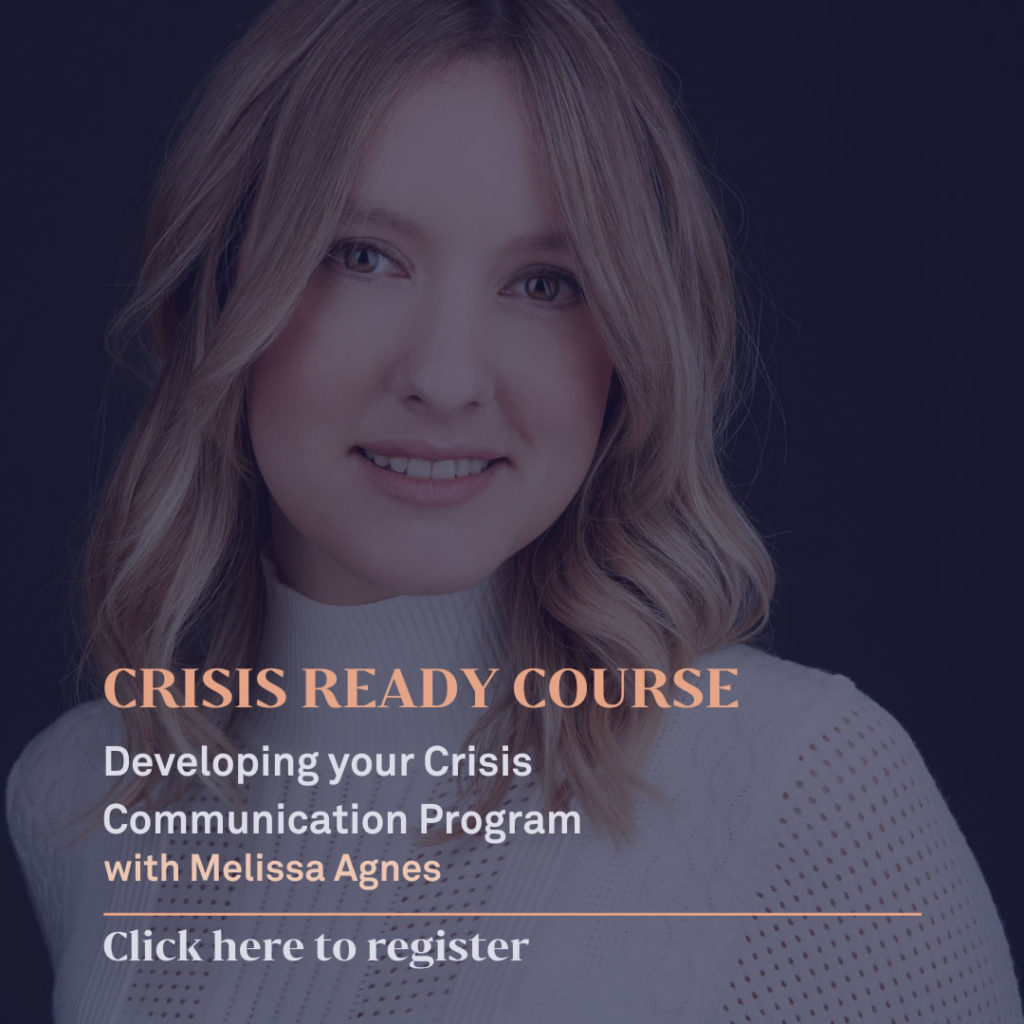

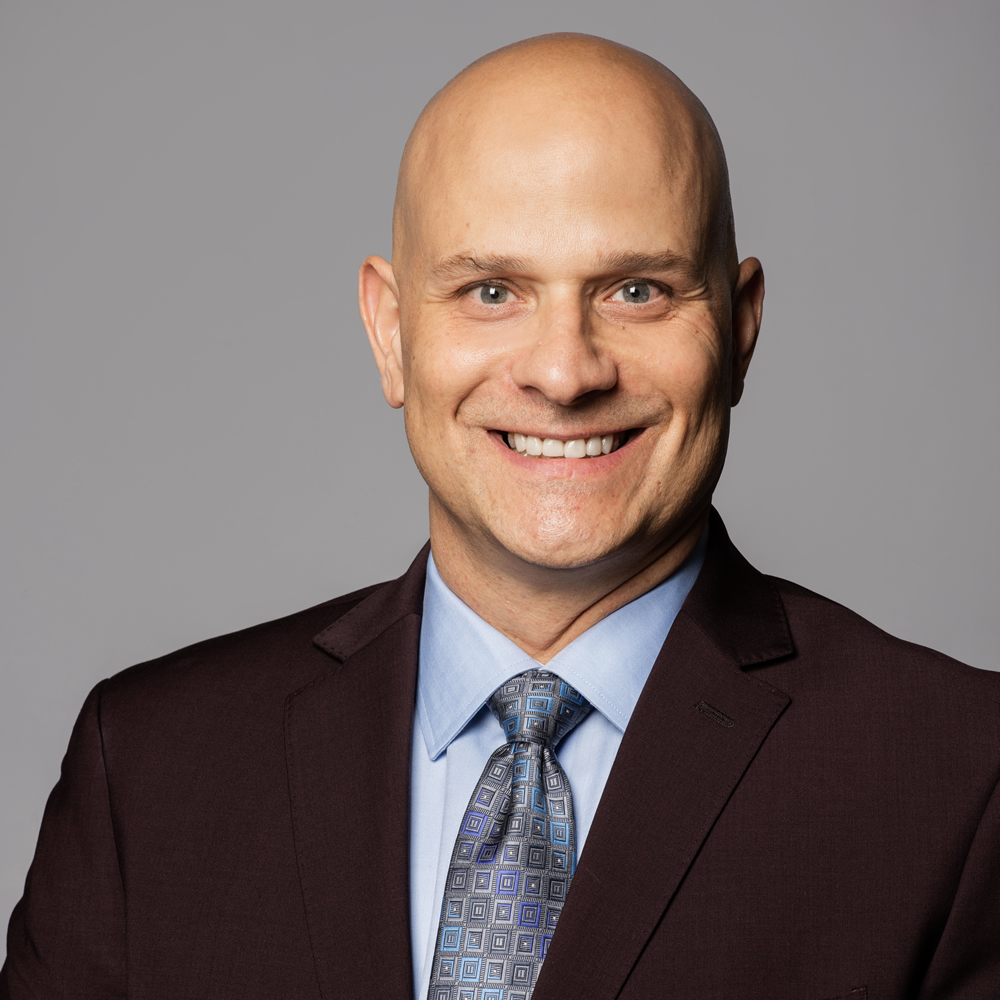
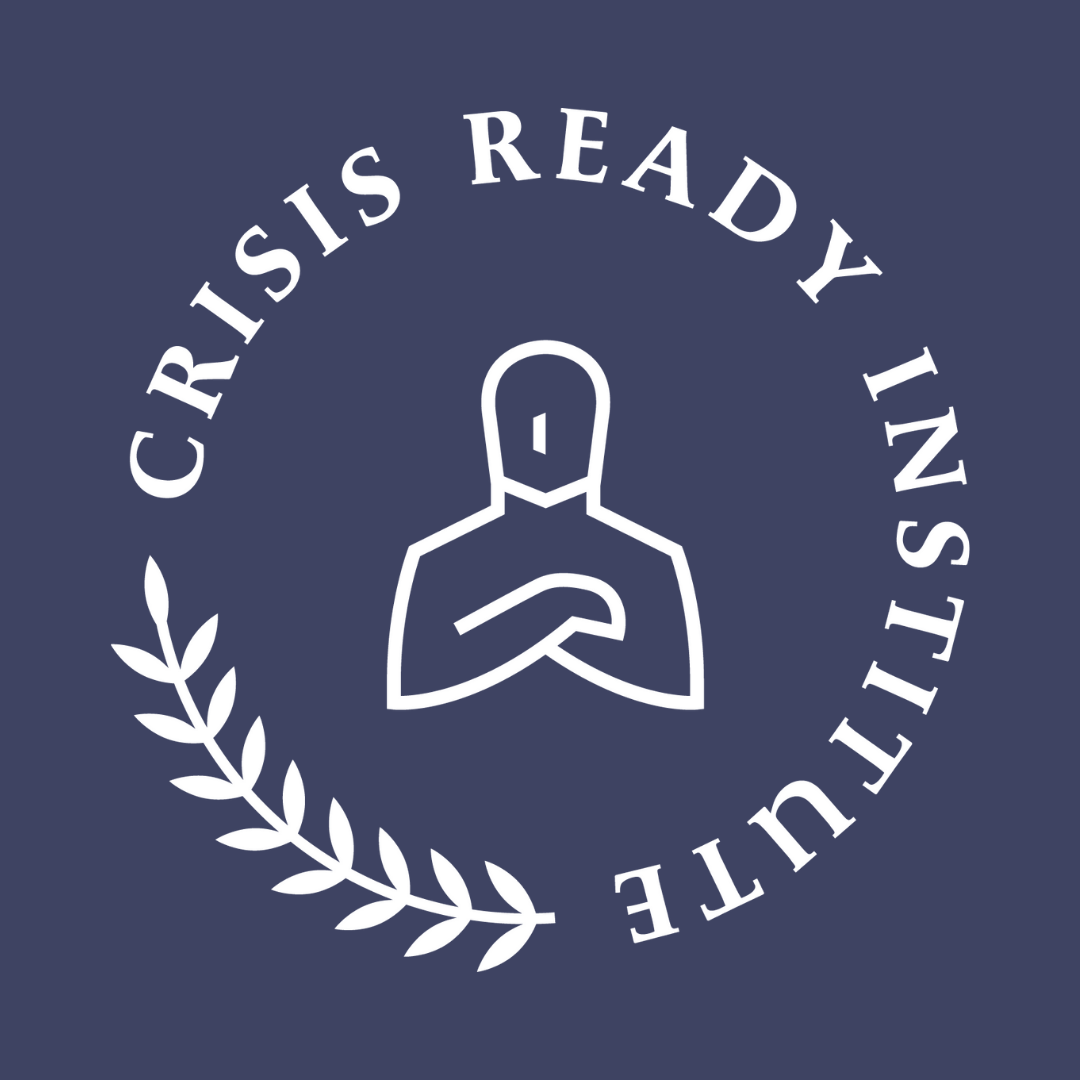
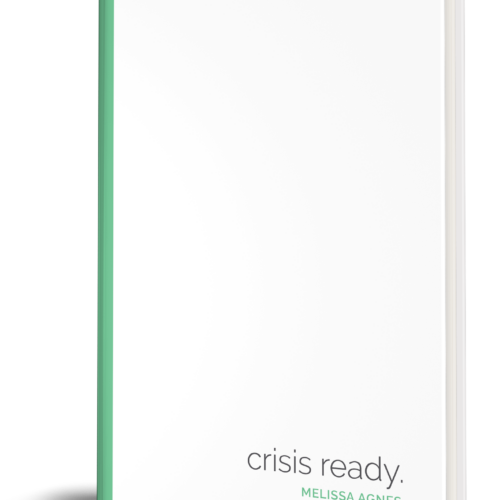
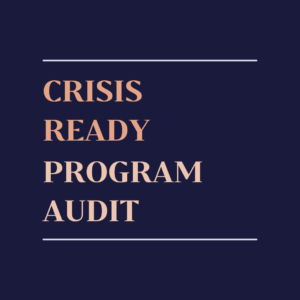


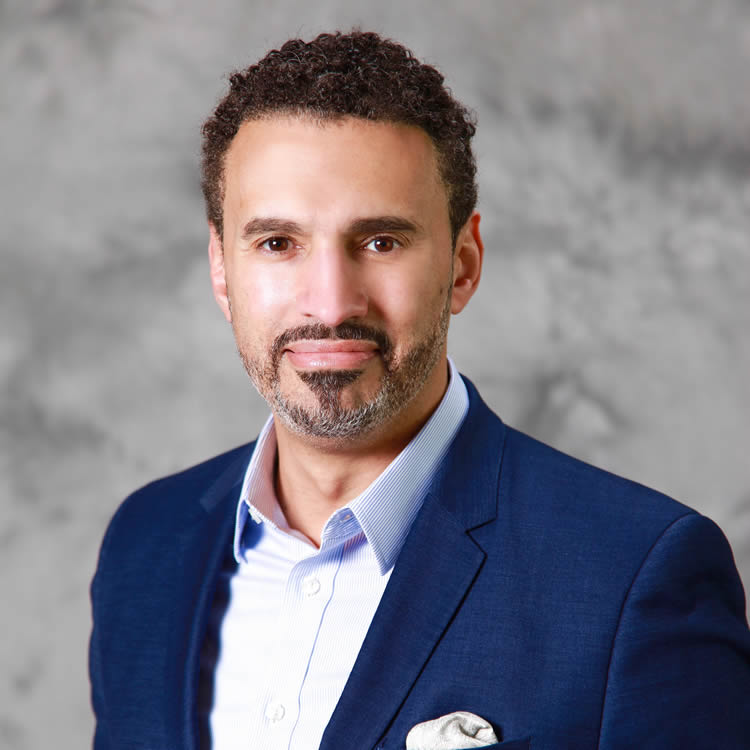
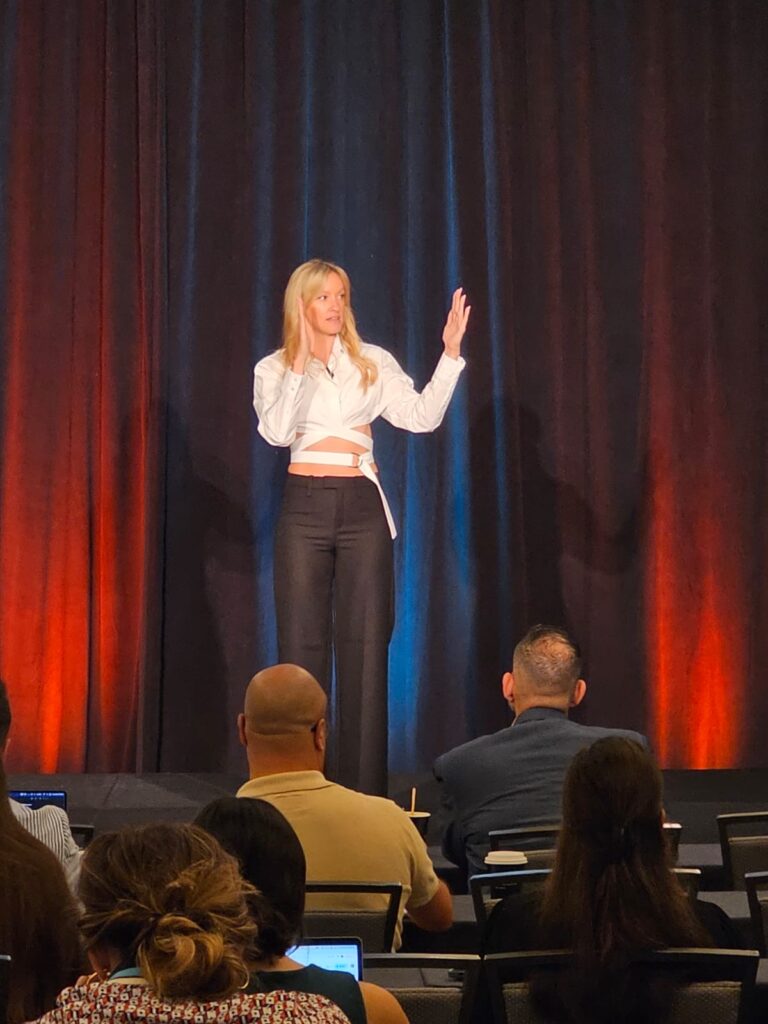
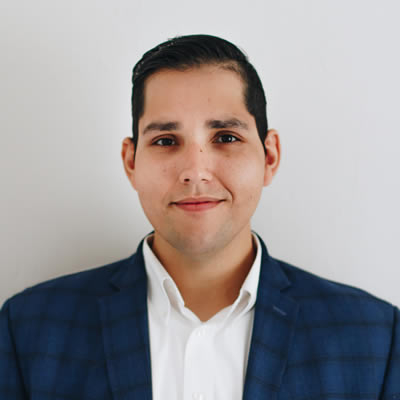
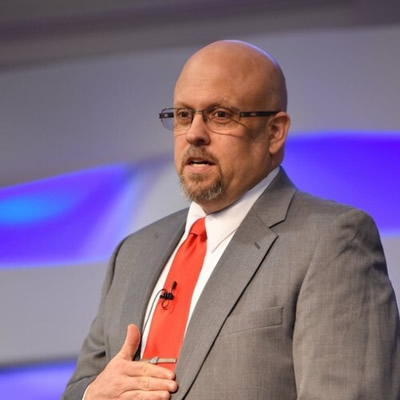
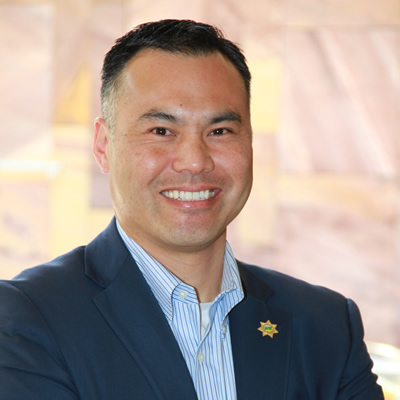
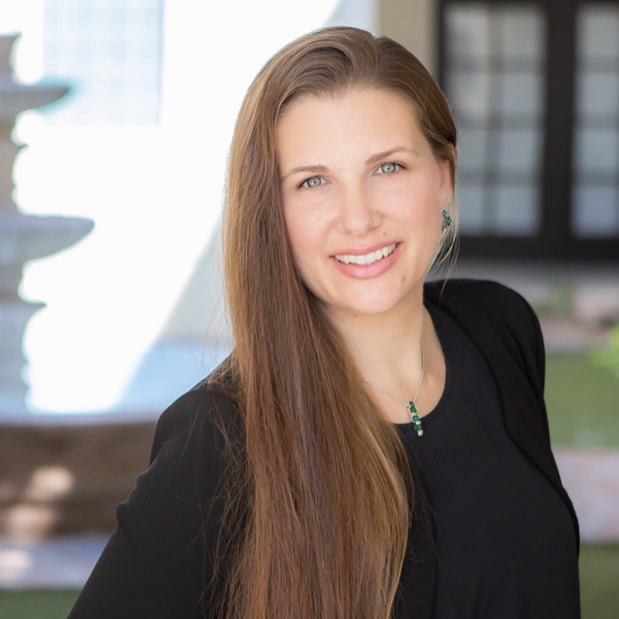
6 Responses
Good article on a tough topic, Melissa. Bud Light fell victim to a mindset that resulted in infamous headlines for many companies before them on a wide range of topics. That is, thinking there was only one possible outcome to a decision or campaign – a positive one.
When touching a third-rail topic like this, someone at Bud Light should have thought, “What if our customers don’t like this?” It is reasonable for the CEO or Board to expect the marketing team to anticipate possible negative scenarios and to plan for them. With one or two possible negative reactions in mind, the team and/or their agency could have developed a full program to handle negative feedback, prepare statements for reporters, and address boycotts.
This case is comparable to organizations facing day-to-day issues like hostile takeovers, activist shareholder proposals, or lawsuits. Their teams of lawyers, bankers, and executives all know the outcome could go against the company, but many don’t plan for those potential scenarios and fail to respond accordingly. If crisis preparedness is encoded in a company’s DNA, teams consider potential negative eventualities whenever major decisions are made and can better protect the organization should the plans go awry.
Keep up the good work!
I like the way you put that first point, Glen, and as for the rest of your comment… what’s the saying? “A man after my own heart”?! I couldn’t agree with you more!
I’m working on something new and, as you’ve shared your perspective here, I’d love to hear your thoughts on the following: what are the things that you believe get in the way of an organization (or human) lacking this mindset of being prepared or, as I put it, investing / prioritizing in a Crisis Ready Culture?
That’s a quandary wrapped in a riddle, as my old boss used to say.
Would you have wanted to be the Assistant Vice President at Bud Light that stood up, smiled, and said in a meeting, “Let’s spend some more money and resources to plan for this campaign falling on its face!” Or do you want to be the attorney or investment banker who says, “I think we should prepare for the failure of this deal?” Who would volunteer for the role if leadership doesn’t prioritize crisis prep and the organization does not have a Crisis Ready DNA?
With a Crisis Ready DNA, leaders would know to ask these questions and make the appropriate resources available to plan for negative eventualities.
They would indeed.
“A quandary wrapped in a riddle”, great line! And it is. It’s also something I’ve been working to better understand and solve for. Excited to share more in due time!
Thanks for playing and engaging, Glen 😊
Good post with great points
Thanks, Charlie! I hope you’re well.